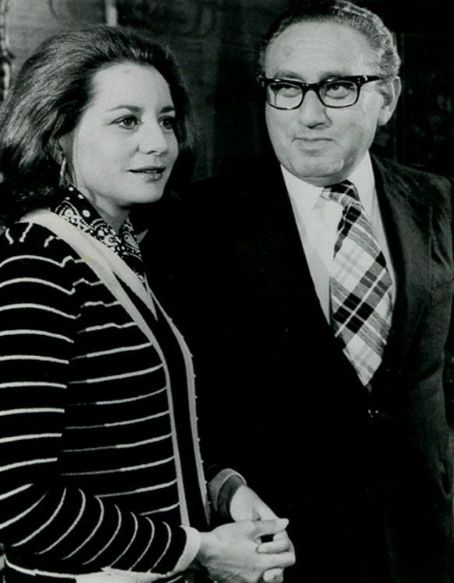I just heard on the radio that Henry Kissinger, one of the world's most influential people, in the mid-twentieth Century, died at the age of 100.
The New York Times called him "mesmerizing." He shared the Time Magazine's 1972 title, "Man of the Year," with President Richard Nixon. It is hard to name a world leader of that era with whom Kissinger was not involved. He dated Hollywood starlets and was often the featured character in the news stories of his day. In fact, he and perhaps the best-known journalist of the day, Barbara Walters, were the subject of gossip column rumors.In a recent interview, marking his 100th Birthday, Ted Koppel commented, "He remains relevant on a global scale." If memory serves me correctly, once in a conversation with Gold Meir, President Nixon said, "We have something in common. We both have Jewish Secretaries of State." To which the Israeli Prime Minister replied, "Yes, but mine speaks better English." I remember his heavily accented, somewhat mumbly manner of speaking. There was never any doubt, however, that the man was brilliant. Even though I speak more clearly than the former diplomat, I don't recall any two heads of state ever joking about me.
Kissinger's life is an apt illustration of the Bible Book of Ecclesiastes. He had everything, but in the end, he died.
“The end of the matter; all has been heard. Fear God and keep his commandments, for this is the whole duty of man. For God will bring every deed into judgment, with every secret thing, whether good or evil.” (Ecclesiastes 12:13–14, ESV)


No comments:
Post a Comment